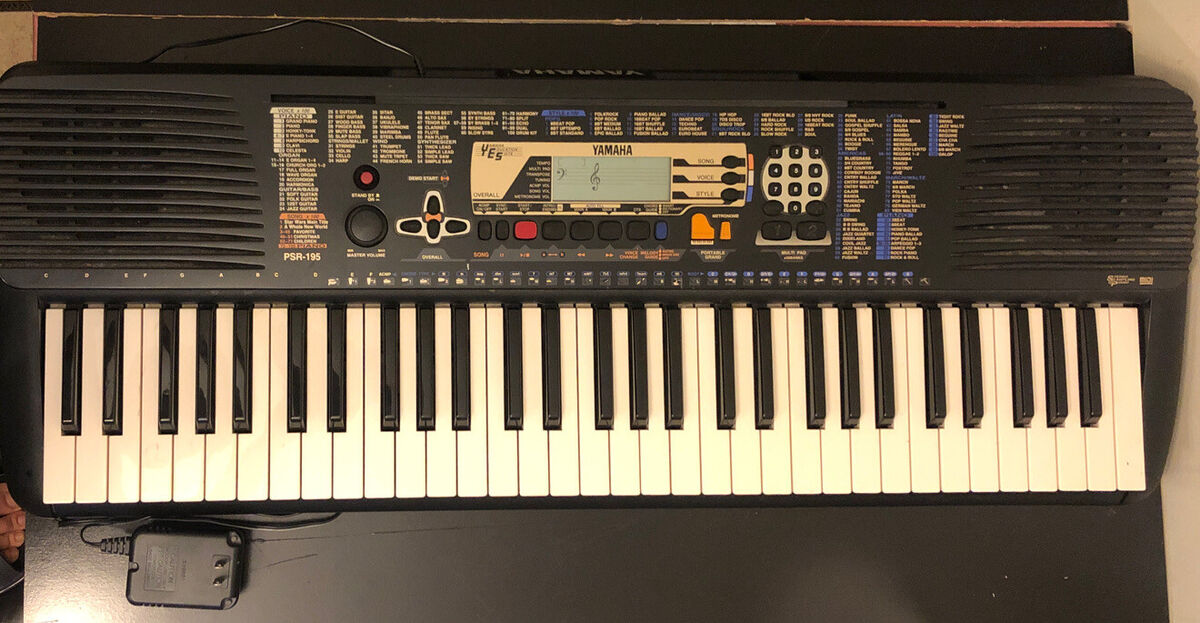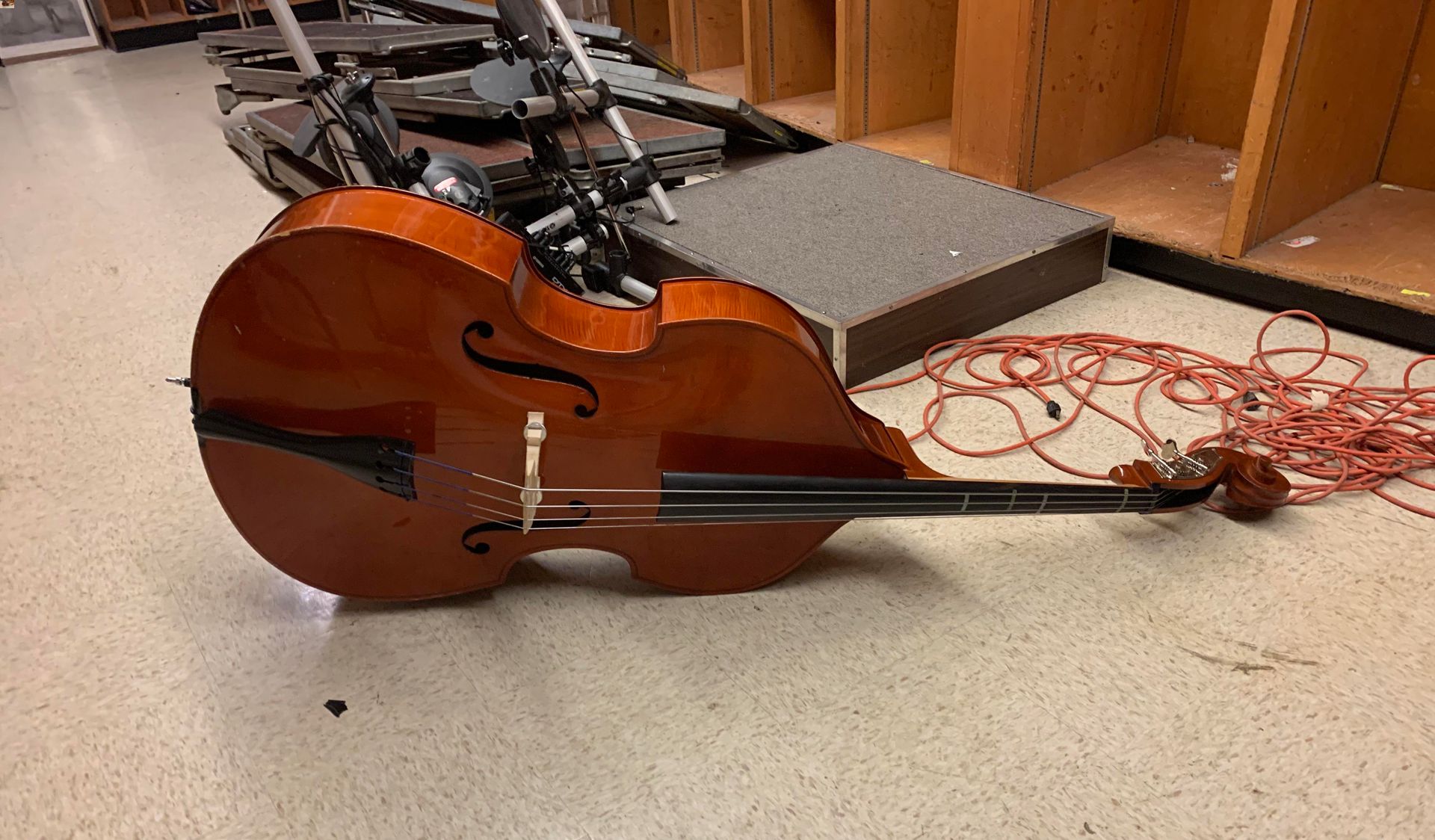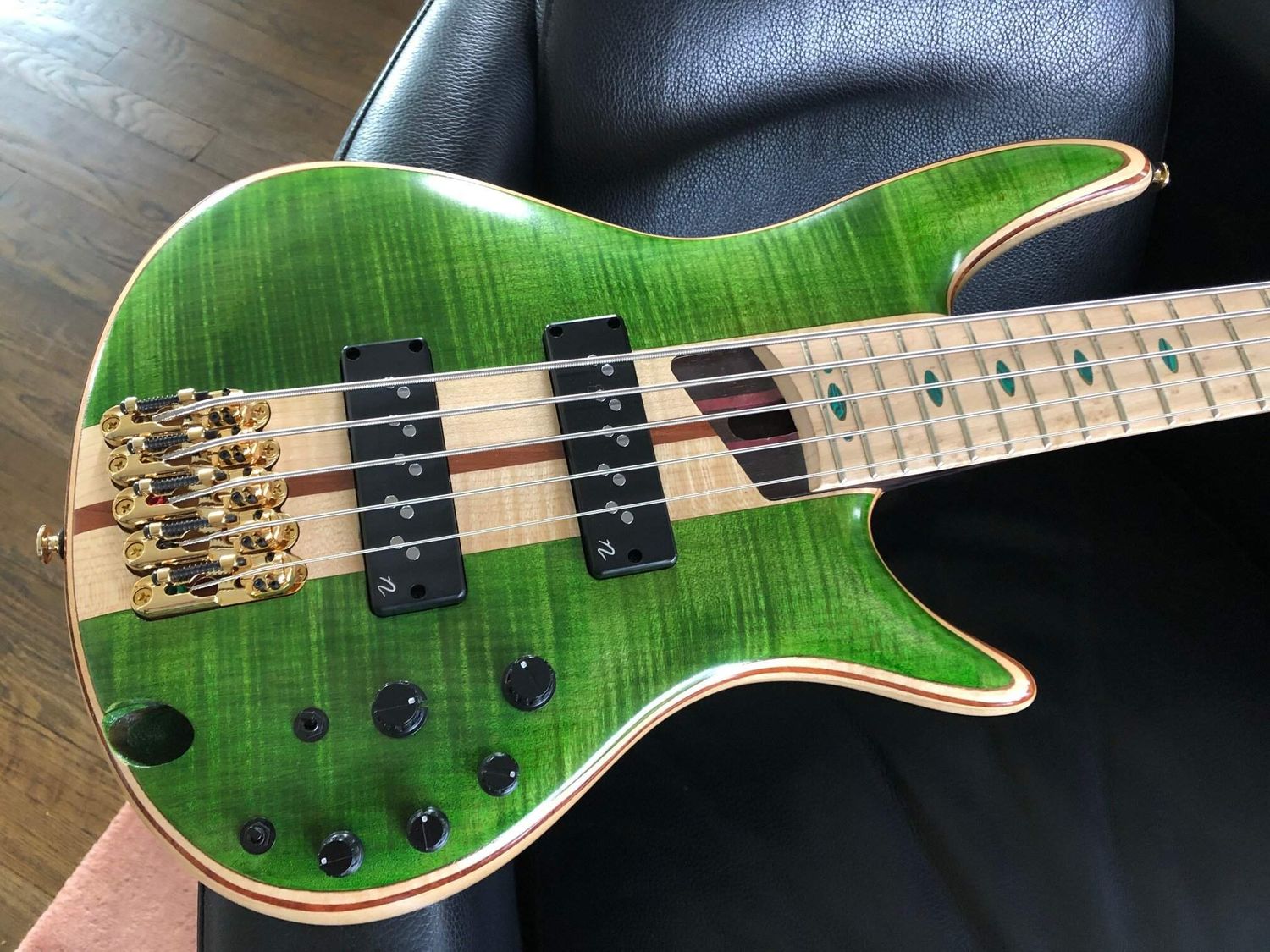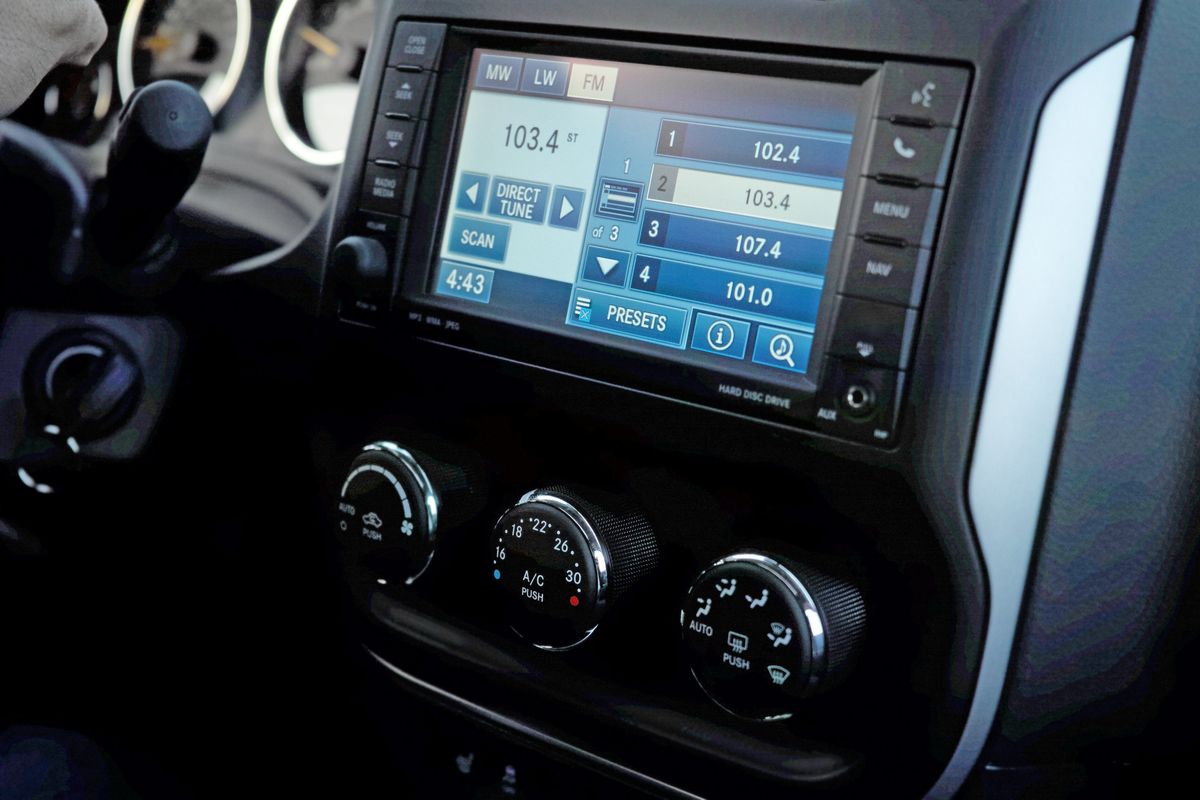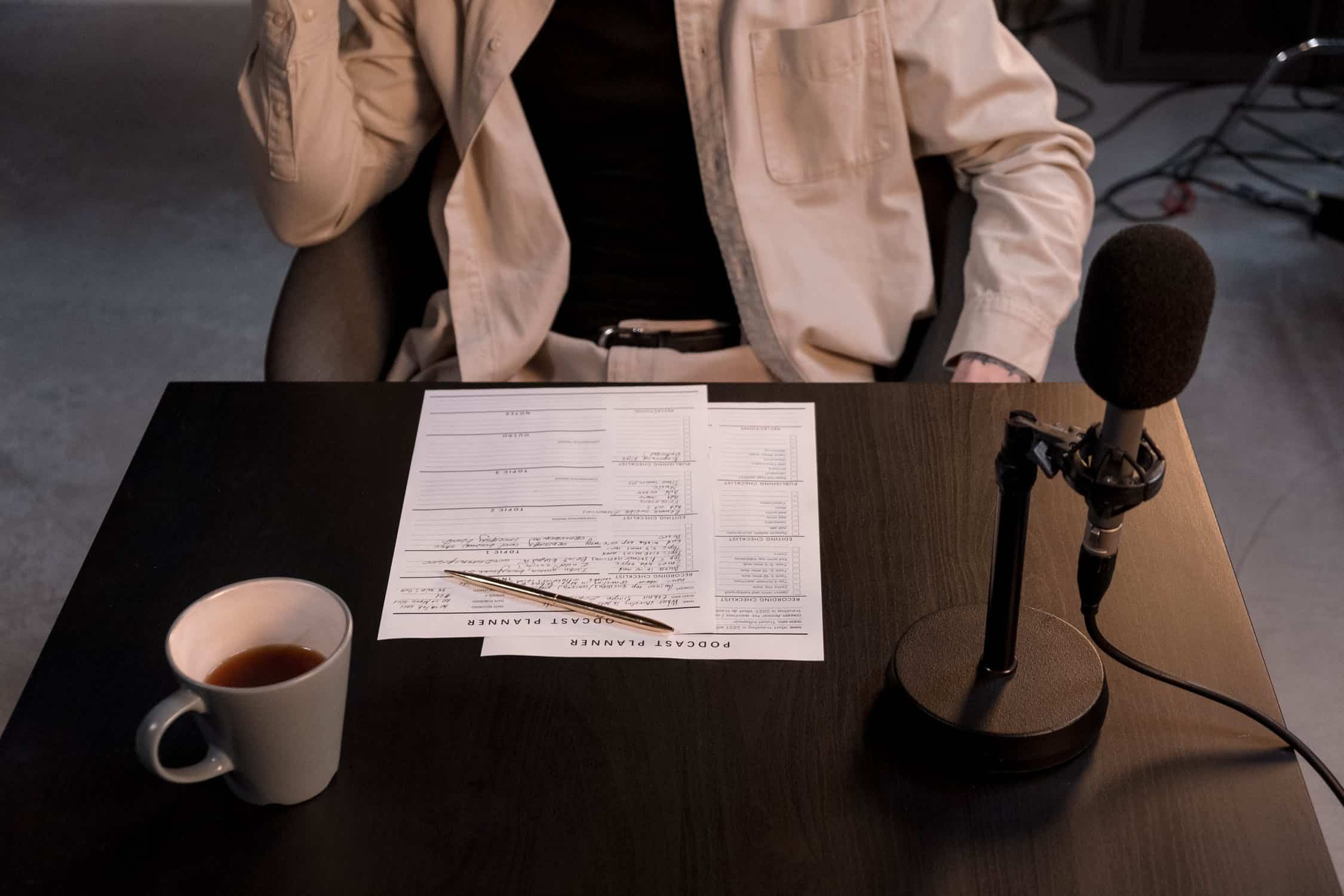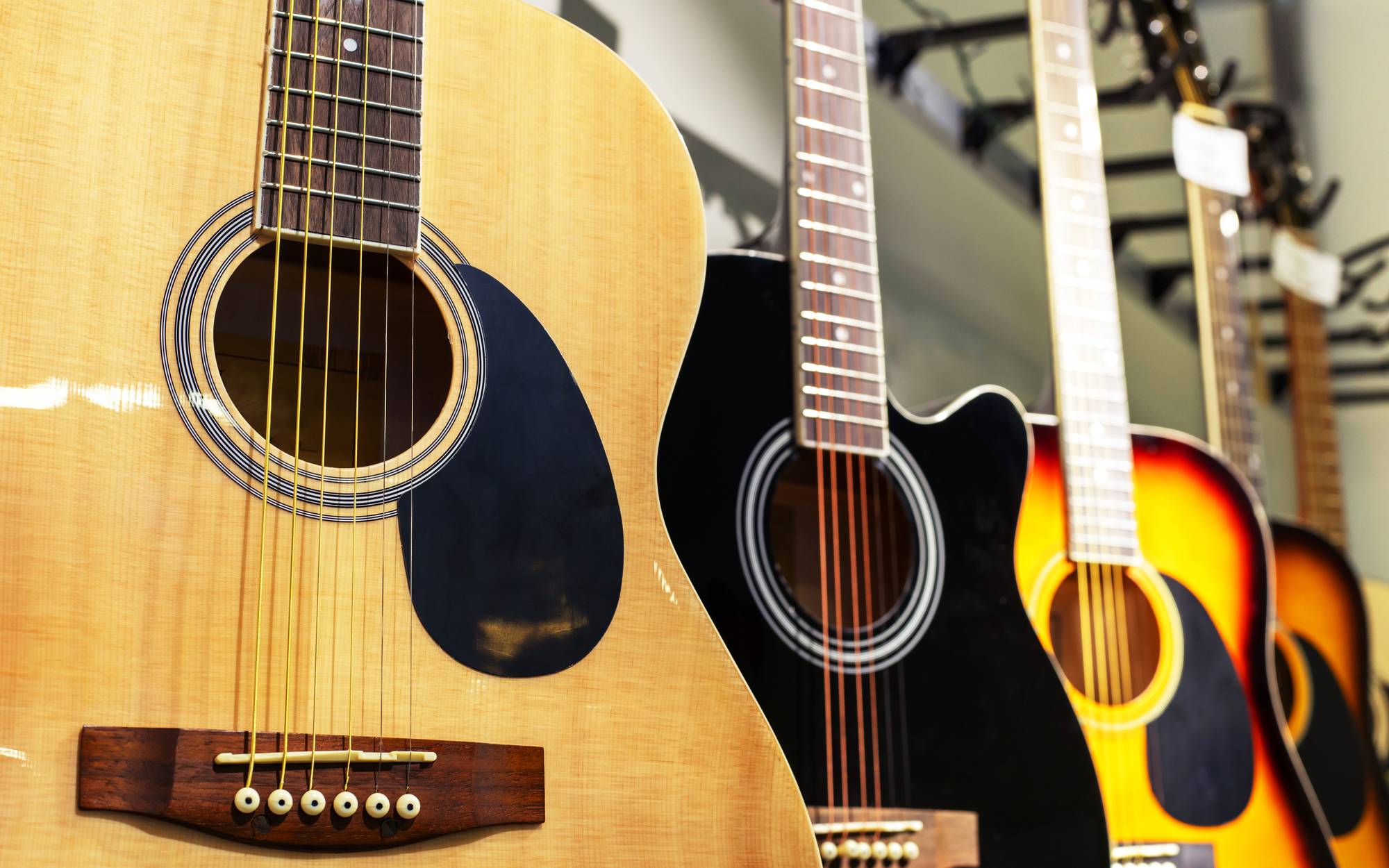Home>Devices & Equipment>Turntable>How Much Do Turntable Repairs Cost
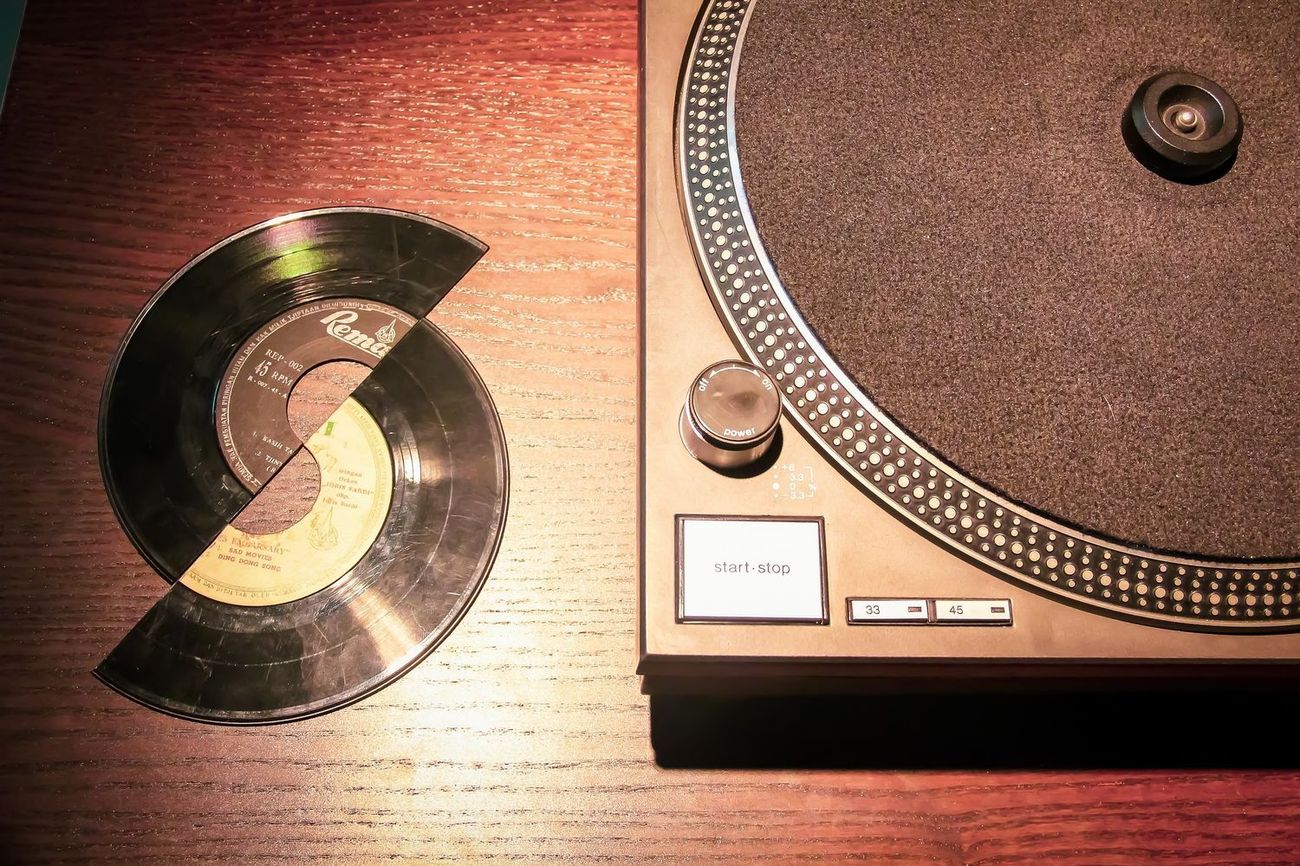

Turntable
How Much Do Turntable Repairs Cost
Published: January 18, 2024
Discover the average cost of turntable repairs and get expert tips for finding affordable solutions. Don't break the bank when fixing your beloved turntable!
(Many of the links in this article redirect to a specific reviewed product. Your purchase of these products through affiliate links helps to generate commission for AudioLover.com, at no extra cost. Learn more)
Table of Contents
Introduction
Welcome to the world of turntables, where the warm sound of vinyl records can transport you back in time. Whether you are a dedicated audiophile or a casual music lover, a well-functioning turntable is essential in experiencing the full richness and depth of your vinyl collection. However, like any mechanical device, turntables can experience issues and require repairs.
In this article, we will explore the world of turntable repairs and delve into the factors that can affect the cost of these repairs. We will also discuss the most common turntable repairs and their associated costs, as well as the pros and cons of DIY repairs versus professional repairs. Additionally, we will provide tips on finding a reliable turntable repair service and offer suggestions for avoiding costly repairs in the first place.
Turntable repair costs can vary significantly depending on several factors, including the type and extent of the repair needed, the brand and model of the turntable, and the experience and expertise of the repair technician. By understanding these factors, you can better navigate the world of turntable repairs and make informed decisions about how to proceed when repairs are necessary.
Whether your turntable is experiencing issues with speed accuracy, motor problems, tonearm alignment, or any other common turntable problems, it is crucial to address these issues promptly to prevent further damage to your beloved vinyl collection. With the right knowledge and resources, you can ensure that your turntable is functioning optimally and continue to enjoy the timeless pleasure of vinyl records.
Factors Affecting Turntable Repair Costs
Several factors can influence the cost of turntable repairs. Understanding these factors can help you estimate the potential costs involved and make informed decisions about repairing your turntable.
1. Type and Extent of Repair: The type and extent of the repair needed will directly impact the cost. Minor repairs, such as replacing a worn-out stylus or belt, are generally more affordable compared to major repairs, like replacing a faulty motor or tonearm. The complexity of the repair, the availability of replacement parts, and the time required to complete the repair can all contribute to the overall cost.
2. Brand and Model: The brand and model of your turntable can also influence the repair costs. Some turntable brands are known for their high-quality components and construction, which can result in higher repair costs due to the availability and cost of replacement parts. Additionally, older or less common models may require more extensive and specialized repairs, leading to increased costs.
3. Experience and Expertise of the Repair Technician: The skills and experience of the repair technician can impact the cost of turntable repairs. Technicians with a high level of expertise and specialized knowledge may charge higher rates for their services. However, their expertise can also ensure that the repair is done correctly, minimizing the risk of further damage to your turntable.
4. Location: The location where you seek turntable repairs can play a role in the overall cost. Repair services in larger cities or regions with a higher cost of living may charge higher rates compared to services in smaller towns or less expensive areas. It is worth considering the cost of transportation or shipping if you need to send your turntable to a repair service located far away.
5. Warranty Coverage: If your turntable is still under warranty, the repair costs may be covered either partially or in full by the manufacturer. It is important to check the terms and conditions of the warranty before seeking repairs and to follow the specified procedures to ensure warranty coverage.
Remember that these factors can vary from case to case, and it is best to consult with a professional turntable repair service for an accurate assessment of the repair costs specific to your situation. With a clear understanding of the factors influencing turntable repair costs, you can make informed decisions about the most suitable course of action for your turntable.
Common Turntable Repairs and their Costs
Turntables, like any mechanical device, can experience a range of issues that require repairs. Here are some of the most common turntable repairs and their associated costs:
1. Stylus Replacement: The stylus, or needle, is a crucial component of a turntable. Over time, it can wear down or become damaged, resulting in poor sound quality or skipping. The cost of a stylus replacement typically ranges from $20 to $100, depending on the brand and quality of the stylus.
2. Belt Replacement: If your turntable uses a belt drive system, the belt can stretch or break over time. This can cause speed accuracy issues or prevent the turntable from spinning. The cost of a belt replacement ranges from $10 to $50, depending on the type of belt and the complexity of the installation.
3. Motor Replacement: A faulty motor can lead to speed fluctuations or a complete failure to spin. Motor replacements can be more expensive, depending on the brand and model of the turntable. The cost can range from $50 to $200 or more, considering the cost of the motor itself and the labor involved in the replacement.
4. Tonearm Alignment and Calibration: Proper tonearm alignment and calibration are essential for accurate tracking and playback. If your turntable’s tonearm is misaligned or needs calibration, it may require the expertise of a professional technician. The cost for tonearm alignment and calibration varies based on the complexity of the turntable’s design and can range from $50 to $150.
5. Cartridge Replacement: The cartridge is responsible for converting the vibrations from the stylus into electrical signals. If the cartridge is damaged or worn out, it can affect the sound quality. The cost of a cartridge replacement depends on the brand and quality of the cartridge and can range from $50 to several hundred dollars.
It is important to note that these are general cost estimates, and the actual prices may vary depending on factors such as the make and model of your turntable, the brand and availability of replacement parts, and the location and expertise of the repair service. Additionally, the cost may include the labor charges for diagnosing the issue and performing the repair.
For more accurate cost estimates and to get a comprehensive assessment of any additional repairs your turntable may need, it is recommended to consult a professional turntable repair service. They can provide you with a detailed breakdown of the repair costs specific to your turntable and ensure that the necessary repairs are done properly.
DIY Turntable Repairs vs Professional Repairs
When facing turntable issues, you may wonder whether to attempt DIY repairs or seek professional help. Both options have their pros and cons, so it’s important to carefully consider your skills and the nature of the repair before making a decision.
DIY repairs can be attractive because they offer the opportunity to save money and learn more about your turntable. Minor repairs, such as replacing a stylus or belt, can often be done by following tutorials or manuals. DIY repairs allow you to have full control over the process and can be a rewarding experience if you enjoy tinkering with electronics. However, it’s essential to have the necessary skills, tools, and knowledge to avoid causing further damage to your turntable. If you’re not confident in your abilities or if the repair is more complex, it’s best to opt for professional repairs.
Professional turntable repairs offer several advantages. Firstly, experienced technicians have the expertise and knowledge to diagnose and address various turntable issues accurately. They are familiar with different turntable models and brands, making them equipped to handle complex repairs or specific parts replacements effectively. Additionally, professional repairs often come with warranties, offering peace of mind in case any issues arise after the repair. While professional repairs may have a cost associated with them, the investment is worth it to ensure the proper functioning and longevity of your turntable.
It’s essential to weigh the costs and benefits of each option. DIY repairs may be suitable for simple and well-documented repairs, where you feel confident and have the necessary skills. However, for more complex issues or if you’re uncertain about the repair process, it’s wise to seek professional assistance to avoid potential mistakes and further damage to your turntable.
Ultimately, the decision between DIY repairs and professional repairs will depend on your skills, comfort level, and the complexity of the specific repair needed. It’s always a good idea to consult a professional turntable repair service for advice and guidance, even if you plan to attempt a DIY repair. They can provide insights, recommend tools or replacement parts, and ensure you’re on the right track for a successful repair.
Finding a Reliable Turntable Repair Service
When your turntable is in need of professional repairs, it’s crucial to find a reliable and skilled turntable repair service. Here are some tips to help you find the right service for your needs:
1. Research and Recommendations: Start by conducting thorough research to find turntable repair services in your area. Look for online reviews, testimonials, and recommendations from fellow turntable enthusiasts or music communities. These insights can provide valuable information about the quality of service and the expertise of the technicians.
2. Experience and Expertise: Look for repair services that have experience working specifically with turntables. Turntables require a unique set of skills and knowledge, so it’s important to choose a service that specializes in repairing and servicing turntables. Review their website or contact them directly to inquire about their experience in the industry.
3. Certified Technicians: Ensure that the repair service employs certified technicians who are knowledgeable about different turntable brands and models. Certification from reputable organizations or manufacturers is a good indicator of their expertise and commitment to professional standards.
4. Warranty and Guarantee: Inquire about the warranty offered by the repair service. A reliable repair service will stand behind their work and provide a warranty on the repairs conducted. This will ensure that you are protected in case any issues arise shortly after the repair.
5. Turnaround Time: Consider the turnaround time offered by the repair service. While quality repairs may take time, ensure the service can provide an estimated timeframe for the completion of the repairs. Prompt and efficient service is essential to minimize the time your turntable is out of commission.
6. Cost Estimate: Request a cost estimate from the repair service before committing to the repairs. This will help you understand the potential costs involved and allow you to compare the estimates from different services. Keep in mind that the cheapest option isn’t always the best, as quality and expertise are crucial factors to consider.
7. Excellent Customer Service: Assess the level of customer service provided by the repair service. Friendly and responsive communication, willingness to address any concerns or questions, and a strong commitment to customer satisfaction are important indicators of a reliable repair service.
By following these tips and conducting thorough research, you can find a reliable turntable repair service that meets your needs. Entrusting your turntable to experienced professionals will ensure that it receives the necessary care and attention, allowing you to continue enjoying the beautiful sound of vinyl.
Tips for Avoiding Costly Turntable Repairs
Prevention is always better than cure. To minimize the chances of expensive turntable repairs, follow these tips to keep your turntable in excellent condition:
1. Proper Handling and Storage: Handle your turntable with care, avoiding unnecessary shock or impact. Always use the dust cover when the turntable is not in use to protect it from dust and accidental damage. Additionally, store the turntable in a clean and dry environment, away from extreme temperatures or humidity.
2. Regular Cleaning: Regularly clean your turntable to prevent dust and debris from affecting its performance. Wipe the dust from the surface and use a soft brush to clean the stylus and tonearm. Be gentle and avoid applying excessive pressure to delicate components.
3. Proper Set-Up: Ensure that your turntable is set up correctly to avoid unnecessary strain on its components. This includes proper leveling, alignment of the tonearm, and correct tracking force for the cartridge. Following the manufacturer’s instructions and seeking professional assistance if needed can help optimize the performance and longevity of your turntable.
4. Use Quality Accessories: Invest in high-quality accessories to enhance the performance and longevity of your turntable. This includes using a good-quality stylus, proper cleaning solutions, and accessories recommended by the manufacturer. Using subpar or incorrect accessories can cause unnecessary damage and lead to costly repairs.
5. Regular Maintenance: Schedule regular maintenance for your turntable to catch any potential issues before they escalate. This can include professional inspections, lubrication of moving parts, and replacement of worn-out components. Regular maintenance can help identify issues early on and prevent them from turning into expensive repairs.
6. Avoid DIY Modifications: While DIY projects can be fun, it’s best to avoid making modifications to your turntable unless you have the necessary expertise and knowledge. Amateur modifications can lead to unintended consequences and potentially cause costly damage. If you want to modify your turntable, consult a professional to ensure it is done safely and correctly.
7. Keep Turntable Away from Liquids: Take extra precautions to keep your turntable away from liquids. Liquids, such as water or spillages, can cause severe damage to the delicate internal components and circuits of your turntable. Be cautious when handling liquids near your turntable to prevent accidents that may lead to expensive repairs.
Remember that even with proper care and maintenance, turntables may still require repairs over time due to wear and tear. However, by following these tips, you can minimize the risk of costly repairs and ensure that your turntable continues to provide you with many years of enjoyment.
Conclusion
A well-maintained and properly functioning turntable is a cherished possession for any music lover. However, turntables can encounter issues that require repairs to ensure optimal performance. By understanding the factors affecting turntable repair costs, common repairs and their associated costs, and the pros and cons of DIY repairs versus professional repairs, you can make informed decisions when it comes to maintaining and repairing your turntable.
When facing turntable repairs, it is essential to weigh the benefits and drawbacks of attempting DIY repairs versus seeking professional assistance. While DIY repairs can be cost-effective and provide a learning opportunity, complex repairs or lack of expertise can lead to further damage. Professional turntable repair services offer the advantage of experienced technicians, specialized knowledge, and warranties on the repairs conducted.
To find a reliable turntable repair service, conduct thorough research, check their experience and certifications, and inquire about warranties and repair costs. Additionally, implementing preventive measures, such as proper handling and storage, regular cleaning and maintenance, and avoiding DIY modifications, can help prevent costly repairs.
In conclusion, taking care of your turntable and addressing any repairs promptly is crucial in preserving its performance and longevity. Whether you choose to attempt DIY repairs or seek professional assistance, it’s important to prioritize proper maintenance and care to continue enjoying the captivating sound of vinyl records for years to come.

